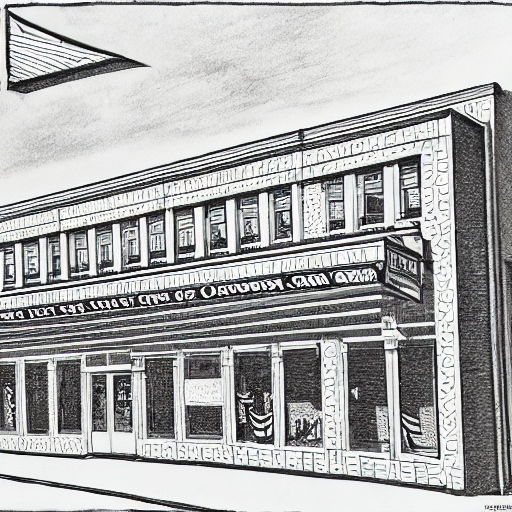In addition to food, household goods, and party supplies, Dollar Tree is noted for selling a wide variety of other items at low prices. Popularity among shoppers is one thing, but how the store’s presence affects local mom-and-pop shops is something else entirely. This article will address the negative effects that Dollar Tree has on local communities and small companies, including job losses, low salaries, and growing opposition from residents and groups in the area.
Dollar Tree’s handling of its employees is one way in which it harms local businesses. As reported by PayScale, the median hourly compensation for a cashier at Dollar Tree is less then $15. This is a remarkably low amount, both in comparison to the government minimum wage and to what comparable retail enterprises pay their employees. Small businesses, which often have trouble providing employees with adequate salary and benefits, have a hard time competing with these wages.
a chance to win a MacDonald gift card.
In addition, the presence of Dollar Tree in the market has resulted in the closure of several locally owned businesses. The only way for many companies to survive is to lay off employees or decrease their hours of operation. People in the community as a whole will feel the effects of this as businesses suffer and workers lose income.
One further aspect that Dollar Tree is bad for small companies is the growing backlash it’s receiving from locals and groups. There is a widespread belief that Dollar Tree outlets are bad for local communities because they contribute to the proliferation of soulless, faceless strip malls.
There have been instances of neighbors organizing protests against proposed Dollar Tree locations. They claim that discount companies like Dollar Tree are hurting small businesses in their communities by competing with them.
Last but not least, Dollar Tree’s potential for harm to local communities should be taken into account. Business from local mom-and-pop stores is lost when chain stores like Dollar Tree move in and undercut their prices.
Property prices in neighborhoods where mom-and-pop shops historically thrived may fall as a result of a shift in consumer habits. In addition, when local entrepreneurs are driven out of business by national chains like Dollar Tree, they may no longer be in a position to make monetary contributions to community improvement initiatives or even to pay their own taxes.
Ultimately, it’s obvious that while dollar stores like Dollar Tree may appear like excellent offers for consumers searching for affordable shopping options, they come at a cost for small businesses in surrounding communities. There are numerous reasons to be worried about the continuous growth of cheap chains like Dollar Tree into our neighborhoods, including job loss, low wages for employees, growing opposition from local citizens and organizations, and harmful effects on local economies. Together, let’s ensure that everyone has access to stable employment at a living wage, and while we’re at it, let’s also consider the long-term effects of our daily purchasing habits.





